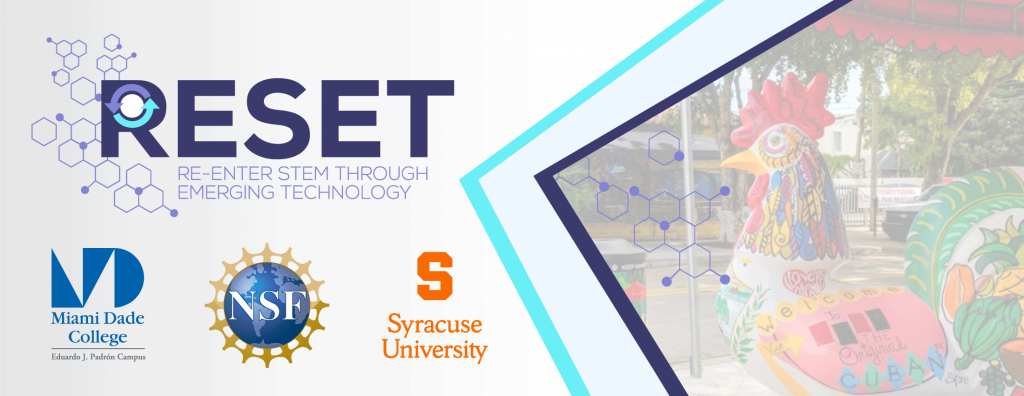
Code of Conduct and Anti-Harassment Policy
The open exchange of ideas and the freedom of thought and expression are central to the RESET conference aims and goals. These require an environment that recognizes the inherent worth of every person and group, that fosters dignity, understanding, and mutual respect, and that embraces diversity. For these reasons, the RESET conference is dedicated to providing a harassment-free experience for participants at our events and in our programs. Harassment is unwelcome or hostile behavior, including speech that intimidates, creates discomfort, or interferes with a person’s participation or opportunity for participation, in a conference, event, or program.
Harassment in any form, including but not limited to harassment based on alienage or citizenship, age, color, creed, disability, marital status, military status, national origin, pregnancy, childbirth- and pregnancy-related medical conditions, race, religion, sex, gender, veteran status, or any other status protected by laws in which the conference or program is taking place, will not be tolerated. Harassment includes the use of abusive or degrading language, intimidation, stalking, harassing photography or recording, inappropriate physical contact, and unwelcome sexual attention. A response that the participant was “just joking,” or “teasing,” or being “playful,” will not be accepted. Individuals violating these standards may be sanctioned or excluded from further participation at the discretion of the organizers or responsible committee.
If you believe that you have been harassed at the NSF RESET Conference, or notice that someone else is being harassed, or have any other related concerns, you are encouraged to report the incident in confidence to the conference organizers.

Partial support for this work is provided by the National Science Foundation Inclusion across the Nation of Communities of Learners of Underrepresented Discoverers in Engineering and Science (INCLUDES) program under Award No.1953431and 1932662. Any opinions, findings, and conclusions or recommendations expressed in this material are those of the author(s) and do not necessarily reflect the views of the National Science Foundation.
